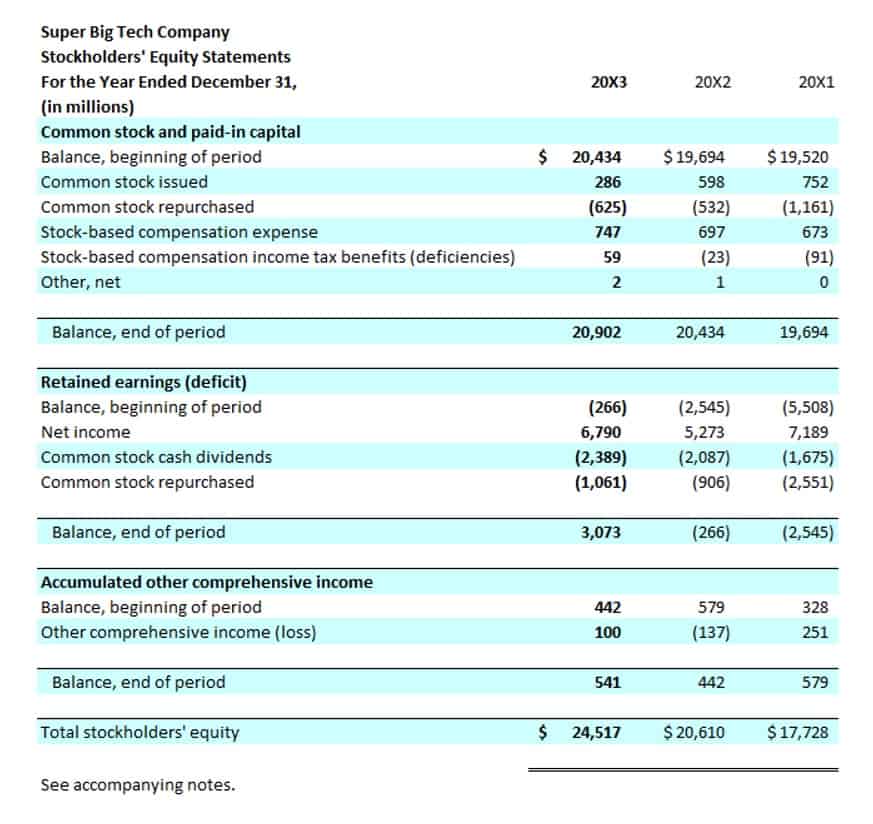
The Bureau of Labor Statistics projects there will be a 4 percent decline, or close to 66,000 fewer jobs of this type between now and 2028. The BLS includes beginning and entry-level positions in the field, as well as full-charge bookkeepers. Most of the decline that is projected is anticipated to result from the consolidation of tasks performed by clerks.
Hiring a full charge bookkeeper for your business can provide numerous benefits. Firstly, they can help you save time and money by managing all financial tasks efficiently. They can also provide valuable insights into your business’s financial health and help you make informed decisions.
Pros and Cons of Being a Full Charge Bookkeeper
A full charge bookkeeper is responsible for all aspects of the books for a business. This includes recording transactions, reconciling accounts, preparing financial statements, and more. The title ‘full charge’ accurately describes the breadth and depth of their responsibility – they are ‘fully in charge’ of an organization’s bookkeeping needs.
- Overall, hiring a full charge bookkeeper can be crucial for the success and stability of your business.
- In fact, many people confuse full charge bookkeepers and regular accountants.
- This article will explore the world of full charge bookkeeping, exploring its key components, benefits, and how it differs from other bookkeeping methods.
- They can also help with budgeting and forecasting, tracking expenses, and ensuring compliance with tax laws and regulations.
- With advances in technology, online bookkeeping is becoming more common.
- A Full Charge Bookkeeper is typically someone who has experience working in an accounting or bookkeeping role, and has a strong understanding of Generally Accepted Accounting Principles (GAAP).
With additional training, a full charge bookkeeper could be promoted into the controller position. As computer technology and accounting programming continue to advance and automate the bookkeeping process, the full charge bookkeeper job description will likely change. According to the Bureau of Labor Statistics, bookkeeping, accounting, and auditing clerks average $41,230 in annual salary, or $19.82 an hour. These national averages include assistants and clerks with less experience. Full charge bookkeepers may find employment in any industry where there is a need for accounting.
What does an Assistant Bookkeeper do?
By taking care of these tasks, a full charge bookkeeper can help you stay organized and financially stable, allowing you to focus on growing your business. Keeping your money in order is among the most crucial elements of managing a successful business. This professional can handle all aspects of your company’s financial management, from accounts payable and receivable to payroll and tax preparation.

It is a comprehensive role that includes the tasks of posting journal entries, managing payroll and bank reconciliations, and producing financial statements. Essentially, a full charge bookkeeper is a jack-of-all-trades in the bookkeeping world. Their meticulous attention to detail ensures financial accuracy, compliance with regulations, and timely reporting. By handling diverse financial tasks, they free up business owners and management to focus on core operations and strategic initiatives.
The objective of a company
They’ll be in charge of getting your finances organized, keeping track of sales, income and expenses, and executing payrolls. The difference between a bookkeeper and a full charge bookkeeper can also impact how a business manages its financial operations. A regular bookkeeper might be sufficient for small businesses with relatively straightforward financial transactions. However, as a business grows and its financial processes become more complex, the role of a full charge bookkeeper becomes increasingly essential. The choice between hiring a full charge bookkeeper or an accountant ultimately depends on the specific needs of a business. Smaller businesses with relatively straightforward financial transactions might find a full charge bookkeeper sufficient to manage their financial records.
An accountant typically reports to someone else within a business, such as the CEO or CFO. In a https://www.bookstime.com/ role, you will be responsible for reconciling all of your accounts and ensuring tallies. This includes cash flow, fixed assets, and inventory levels/values, depending on what is covered by these areas in your job description.
This will show employers that you’re serious about your career and have the knowledge and skills needed to succeed. Even though we’ve gone through the main full charge bookkeeping responsibilities, let’s delve deeper into how an FC bookkeeper’s career differs from that of an accountant. As you can see, a full charge bookkeeper can be considered a big step up in accounting responsibility. Adding a full-charge staff member means you may need to examine your internal bookkeeping needs and hiring goals. Bringing full-charge bookkeepers on board isn’t as simple as hiring them.


